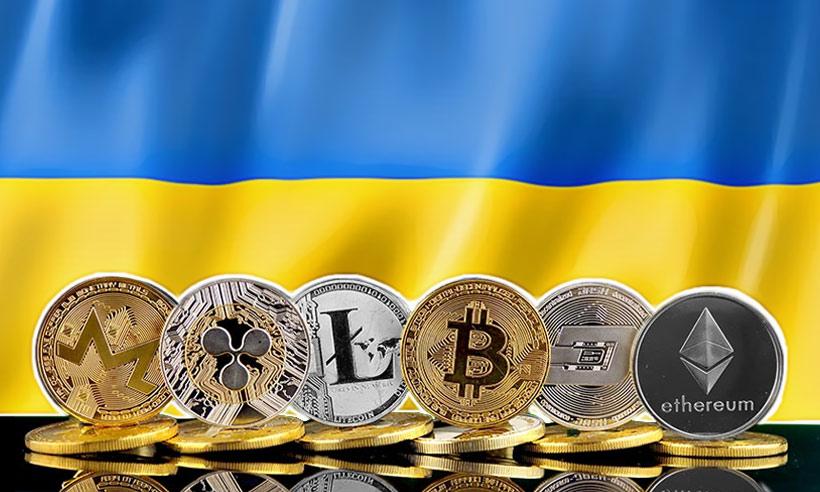Ukraine Suspends the Use of Electronic Money Following Russia Invasion
Table of contents
Ukraine Central Bank Suspends Digital Money
Following the declaration of martial law in Ukraine, Ukraine’s central bank ordered ‘to suspend e-money issuers, replenish e-wallets with e-money, and distribute e-money to e-money issuing banks.’
In this context, electronic money mostly refers to fiat currencies held in digital accounts through platforms like Venmo or PayPal. However, it remains unclear as to whether this extends to cryptocurrencies which the country has been working to regulate.
The central bank also banned foreign exchange markets, limited cash withdrawals including banning withdrawals of foreign currencies.
Ukrainians are Turning to Cryptocurrencies
The Ukrainian parliament recently approved a bill 'On Virtual Assets' which legalizes cryptocurrencies and lists the NBU as one of the main regulators of the market. However, the legislation is yet to enter into force.
At a time like this, Ukrainians meanwhile have turned towards cryptocurrencies. For instance, Kuna, a popular Ukrainian crypto exchange, revealed that their domestic buyers are paying a premium for Tether’s USDT stablecoin which is pegged to the price of the U.S. dollar.
“We don’t trust the government. We don’t trust the banking system. We don’t trust the local currency. The majority of people have nothing else to choose apart from crypto,” Michael Chobanian, the founder of Kuna, in an interview with a crypto publication.

